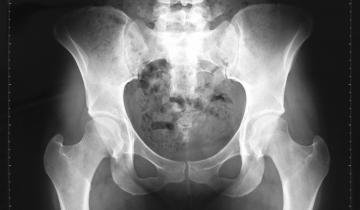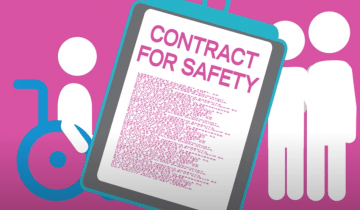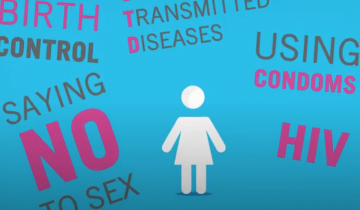Author summary on stakeholder perspectives of pediatric powered wheelchair standing devices.
Early powered mobility has been shown to improve cognition in children with multiple, complex disabilities.
Adults with Cerebral Palsy have unique care needs related to physiological changes that occurred with growth and development with Cerebral Palsy, including mental health, yet experience many barriers to proper care.
Though the initial insult or injury to the brain that causes cerebral palsy is non-progressive, aging with cerebral palsy and lack of physical activity during critical periods of development can impact biologic and metabolic function for adults with cerebral palsy.
Many people do not know the difference between SSI and SSDI. It can be very confusing for a family or individual to understand what is available, and whether they will qualify. Very often, the recipients and their families do not even know which benefits they are receiving. But it is important to understand some basic information about government benefits. This post will focus on the two most common government benefits and give you a brief overview of how they work.

Setting up a Third Party-Special Needs trust as part of estate planning is essential if the individual with a disability is or may be eligible for means-tested government benefits. A properly set up Third Party Trust ensures that the funds left to the individual, whether through gift or inheritance, are not considered countable assets when applying for means tested benefits

In 2014 the Achieving a Better Life Experience Act was passed. The ABLE account is a tax-advantaged savings account for individuals with disabilities. The individual with the disability is the account owner and anyone can contribute to the account – the account beneficiary, family, friends, even a Special Needs Trust.

A special needs trust is a written legal agreement that enables an individual with a disability to qualify or remain qualified for means tested government benefits, such as medicaid, SSI or even medicaid waivers.

There are multiple factors that impact bone health, including birth weight, nutrition, medications for seizures and/or reflux, genetics, and physical activity. Targeted exercise to improve bone health in childhood can be sustained into adulthood, and childhood is the best time to promote bone health.

All adolescents and young adults experience some peer pressure to engage in drinking or other risky behaviors. Adolescents with cerebral palsy engage in risky behaviors just like other teenagers. Some families find it helpful to sign what's called, a Contract for Life, or a Contract for Safety, with their child. The parent agrees not to yell in the moment and to have a conversation about it the next day. That's one way that adolescents and parents can create some zone of safety around drinking.

Up to 50% of adolescents with cerebral palsy have an intellectual disability, as well as a physical disability. Adolescents with intellectual disabilities still need sexual health education, they just need it in a way that's more individualized so that they can understand it and use it.

